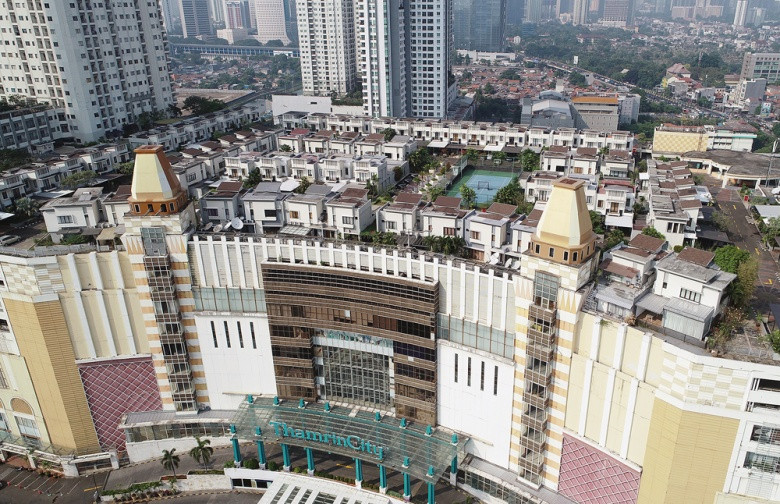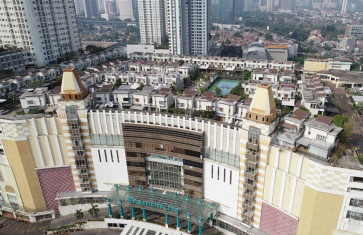Popular Reads
Top Results
Can't find what you're looking for?
View all search resultsPopular Reads
Top Results
Can't find what you're looking for?
View all search resultsUncharted crisis of middle-class housing
Change text size
Gift Premium Articles
to Anyone
F
or a group of people who have been dubbed the driving force of Indonesia’s economy, it is deeply ironic that the middle class in Indonesia have not been able to fulfil their own basic need for proper housing. Too poor to own commercial housing yet too wealthy to apply for government subsidies, the middle class are left in limbo.
President Joko “Jokowi” Widodo suggested during the 2019 national meeting of the Indonesian Young Entrepreneurs Association (Hipmi) last September that the nation’s middle class would double in number by 2020, reaching approximately 140 million people.
Although businesses seemed to welcome this news with excitement along with plans to capitalize on the growing potential, such demands to be met do not only revolve around perishables or lifestyle-related consumption.
A good few million people will prosper enough to graduate from poor to middle class and will no longer be eligible for government subsidies in many categories of basic needs, including and especially in housing.
Although graduating from the low income group shows a significant increase in prosperity, the loss of eligibility to apply for government-subsidized housing could mean that millions of households will be put straight on the already abysmally long housing backlog list.
The housing crisis for the middle class is not an issue unique to Indonesia, or even to developing nations. Countries like the United States and the United Kingdom are slowly realizing that the middle class and aspiring middle class are priced out of big cities and forced to either live in the suburbs — therefore creating even more urban sprawl and having to endure long commutes to their daily jobs — or spend more than half of their income on rent.
The mathematics of this is quite straightforward. The smallest type of landed housing in major Indonesian cities is priced at Rp 500 million (US$36,615) to Rp 600 million. A Rp 550 million house with a 10 percent down payment and 9 percent interest (with 13.5 percent floating interest) requires aspiring homebuyers to prepare nearly Rp 100 million for a first payment and shell out more than Rp 4.5 million a month for the next 20 years.


















